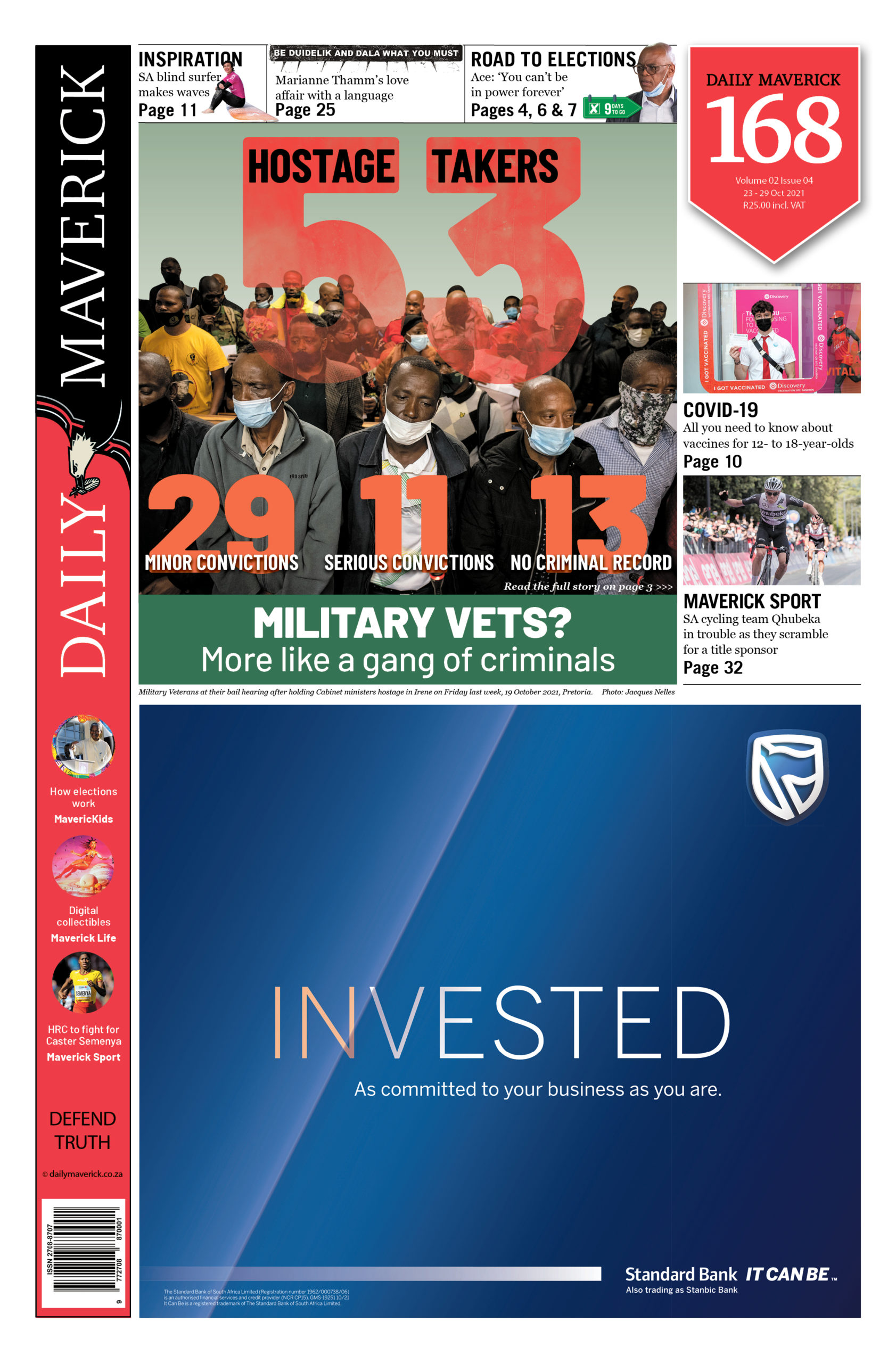As we gear up for local elections on 1 November, our national news media outlets have refocused their lenses to poke and prod at the state of these regions that usually only get a mention when something of a serious magnitude breaks down (or a fake decuplet birth embarrasses the journalism fraternity and the nation).
For many years, our major towns and cities could rely on daily newspapers to perform the public service of reporting on important events and playing a watchdog role over the local city or provincial government.
As the great disruption of the media sector squeezed the life out of the industry, aided by the political hijacking of newspaper outlets and companies, the erosion of local accountability became inevitable.
While the neutering of local journalism is certainly not the cause of the corruption, it has meant there is less chance of getting caught and greater risk of a repeat offence. With no one to watch over officials, the gravy train became the transport of choice.
But this phenomenon isn’t unique to South Africa. Between 2003 and 2018, the US lost 30% of its local journalism circulation and 35% of the number of statehouse reporters covering local government issues.
This period saw the prolific rise of digital news providers but few, if any, waded into local journalism with the necessary depth and investment in coverage that newspapers had. The research papers that followed showed how this scenario led to a less-informed electorate who were less likely to vote and more likely to breed politicians who were less engaged with their communities.
These conditions led a couple of professors from the University of Illinois to wonder if the decline in local journalism would ultimately result in higher borrowing costs for local governments.
As local governments need to finance public infrastructure projects, their theory posited that, without the guardrails and watchdog functions of local newspapers, there would be greater inefficiencies, mismanagement and corruption. As a result, this would affect the credit rating of these borrowers who now had a riskier profile than when local newspapers were around.
The study – Financing Dies in Darkness? The Impact of Newspaper Closures on Public Finance – looked at newspaper closure data from 1996 to 2015 and cross-referenced that against the municipal securities database that contained borrowing cost data.
They then compared counties adjacent to those that hadn’t experienced a major newspaper closure. They found that borrowing costs were significantly higher in those counties without a local paper. They found that, not only did borrowing costs increase, but government wages ballooned along with it, as did the number of people employed by local government.
All of which added to the ultimate cost borne by taxpayers as things continued to worsen in the years following closure.
As we look around our country and lament the demise of accountability at the local government level, we should consider the damage and cost that compromised media outlets and disrupted titles have contributed. If we are ever to have a chance of fixing our towns and cities, we need a plan that includes a revival of local journalism. We don’t stand a chance without it. DM168
This story first appeared in our weekly Daily Maverick 168 newspaper which is available for R25 at Pick n Pay, Exclusive Books and airport bookstores. For your nearest stockist, please click here.
















 Become an Insider
Become an Insider
It doesnt help that the largest media group in the country states upfront that they “do not have funds” to pay freelancers. So many journalists are left with no choice if they want their work published to do it for free. Its a disgrace that the chairman of this company is a billionare with country estates a fairly lavish lifestyle.
The person to whom you are clearly referring has one of his country estate open to the public for an annual fee of R20. It is an estate of which South Africa should be proud that they are able to view its wonders. As to his alleged ‘lavish lifestyle’, people should be allowed to spend their money how they wish provided they have earned it honestly.
That doesn’t really answer the problem regarding journalists. It just means that this “person” has elected to ignore a responsibility which he could quite easily afford.
Who is this person?
I just told you he doesnt pay his workers how can he be earning his money honestly?
Agree totally with that finding. It is extremely frustrating not having an unbiased local news platform to reflect the eyes snd ears of the communities observations of poor service delivery. The Mercury in Durban used to have a dedicated insert in which readers complaints were collected and published together with official responses by City Council officials under mayor Sutcliffe. Sadly the Mercury has zero credibility today as it only publishes articles favourable to the RET faction of the ANC. So what does the author suggest to rectify this situation as DM is national and conceptual in focus?
Amen.